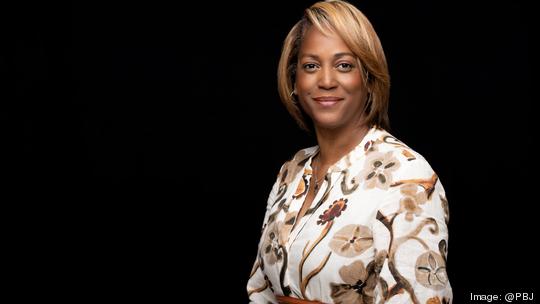
This story is part of a series on diversity, equity and inclusion best practices. Click here for advice from DEI consultants and executives from PGE, PSU and the Portland Trail Blazers on what works and what doesn't.
DEI work is hard. It demands a significant investment of time and resources, sometimes much more than employers engaged in the work realize. That hasn't stopped companies nationwide from working to build inclusive workplaces that are welcome to all. It's no wonder. Research shows that the rewards for companies that do the work include happier and more engaged employees and a stronger bottom line. We asked a handful of Portland DEI consultants and practitioners for their best advice for employers engaged in or considering the work. Here's how Shari Dunn, principal of ITBOM Consulting, weighed in on several topics.
On folding DEI into basic management skills: I’m a teacher at heart. There’s a certain level of education and teaching that I’m not bothered by. Sometimes I work with people who’ve done a good amount of learning. Sometimes I work with people who were starting from scratch, executives learning together. As an executive one ought to consider a good understanding of race, gender, sexual orientation and class as part of their management skills. I think it’s unfortunate that the way we talk about executive leadership and management, we separate that out somehow from a comprehensive understanding of DEI. You have people spending hundreds of thousands on management training, how to be a leader and none of it covers how to lead in a diverse environment or how to manage across different cultural linguistics. That should be the centerpiece.
On starting from scratch: I work with people who don’t have a DEI person yet. Because for many organizations, I think the better way to go is to spend a year or two with a DEI consultant getting your structure together. I worked with (one company) for a year and a half before they hired a DEI director. By the time she got there, I had cleared the brush. I could have different types of conversations with people as a consultant. I love my role to be setting up the shot for the person they hire so that they can spike the ball. When people have DEI experts in-house they tend to put too much pressure on them. They want them to be the trainer, to deal with interpersonal issues, HR. Now once you do hire somebody I am a very big proponent of DEI not being an add on job. That it be that person’s primary job and they have resources and a staff. And ideally it should be an executive team member because if you consider it as part of your strategic initiatives it should be an executive team member.
On showing restraint: One thing I tell executives is don’t overvalue a small sample size of disgruntled people. I see this so many times, especially in medium to large organizations, where they’ll do a training or do a DEI workshop and say they have 2,000 employees and they’ll get 10 complaints. And they freak out. 1,990 people did not complain. Over inflating critique from small groups and it can feel disingenuous to the rest of the staff — you are just using that as cover to get out of doing the work. Companies don’t utilize the interplay between (Equal Employment Opportunity) laws, their own obligations under the law, and the work they’re doing around transforming their workplaces to be more equitable and fair places to work.
On the best way to use training: I do think unconscious bias training can be very helpful, but it can’t exist in a vacuum. And it should not actually be the first step. The first step needs to be to backup and understand the context in which this is all happening. Look at what goes on in your industry and how does race and racism show up in your industry. Then when you layer unconscious bias training it starts to make sense to people.
— As told to Malia Spencer
Shari Dunn
Title: CEO and principal
Company: ITBOM Consulting
Expertise: Executive coaching, systemic redesign, organization/institutional coaching



